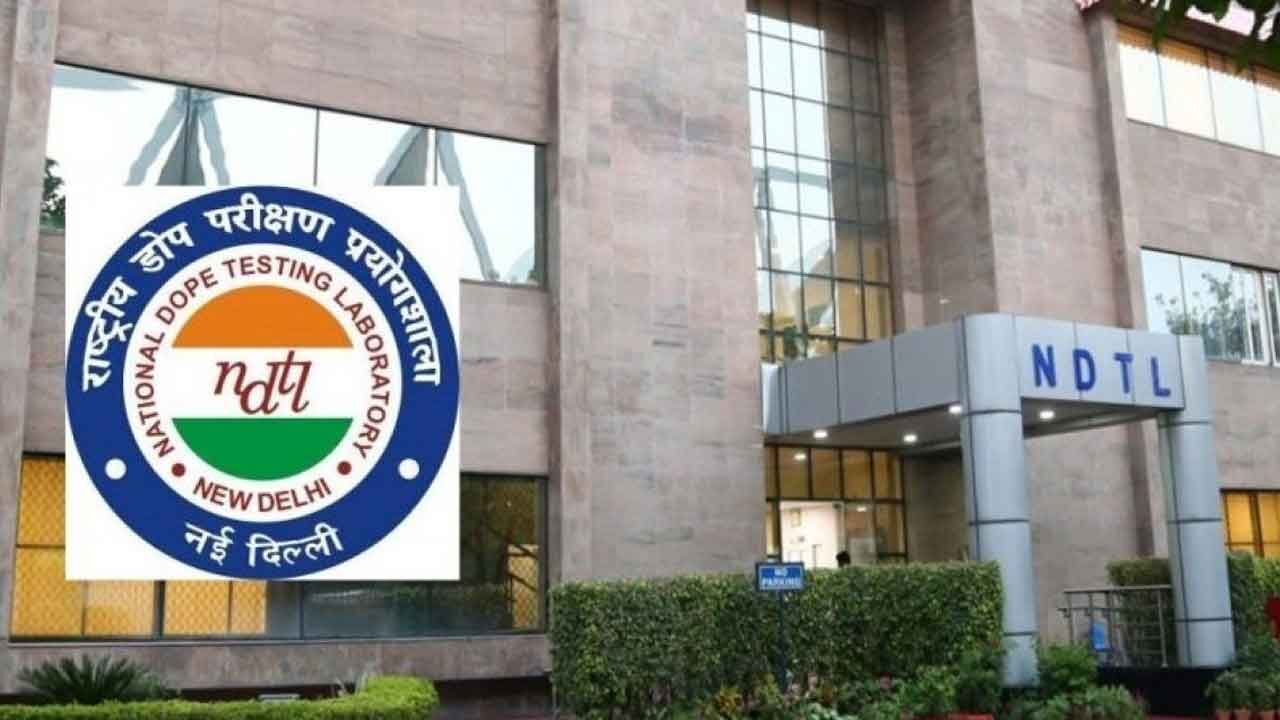NDTL Earns WADA Approval for Managing ABP Program
Why in the news?
India’s National Dope Testing Laboratory (NDTL) has been recognized by WADA to manage the Athlete Biological Passport program. This approval strengthens India’s anti-doping efforts by monitoring athletes’ biological markers to ensure clean and fair competition globally.
India’s New Milestone in Anti-Doping Efforts:
WADA Recognition
- The World Anti-Doping Agency (WADA) has officially recognized India’s National Dope Testing Laboratory (NDTL) as an Athlete Passport Management Unit (APMU).
- This recognition empowers NDTL to manage the Athlete Biological Passport (ABP) program, a critical tool in the fight against doping in sports.
About the Athlete Biological Passport (ABP):
- The ABP program monitors athletes’ biological markers over time to detect irregularities that suggest doping practices.
- It focuses on indirect evidence by analyzing fluctuations in biological parameters, such as blood profiles and steroid levels.
- The program aids investigations, ensures targeted testing, and serves as corroborating evidence in anti-doping rule violation cases.
Three Key ABP Modules:
- Haematological Module: Targets blood doping by identifying substances or methods that enhance oxygen transport.
- Steroidal Module: Detects anabolic steroid use by analyzing markers in urine or serum.
- Endocrine Module: Monitors the use of human growth hormone (hGH) and its analogs.
- These modules collectively improve India’s anti-doping capabilities, enhancing fairness and integrity in sports and promoting clean competition on the global stage.
What is the World Anti-Doping Agency (WADA)?
- Established: In 1999 as an independent international agency.
- Purpose: To lead a global movement for doping-free sport.
- Governance: Based on equal partnership between the sport movement and world governments.
- Function: Coordinates anti-doping efforts, enforces rules, and promotes fair competition worldwide.
Sources Referred:
PIB, The Hindu, Indian Express, Hindustan Times




